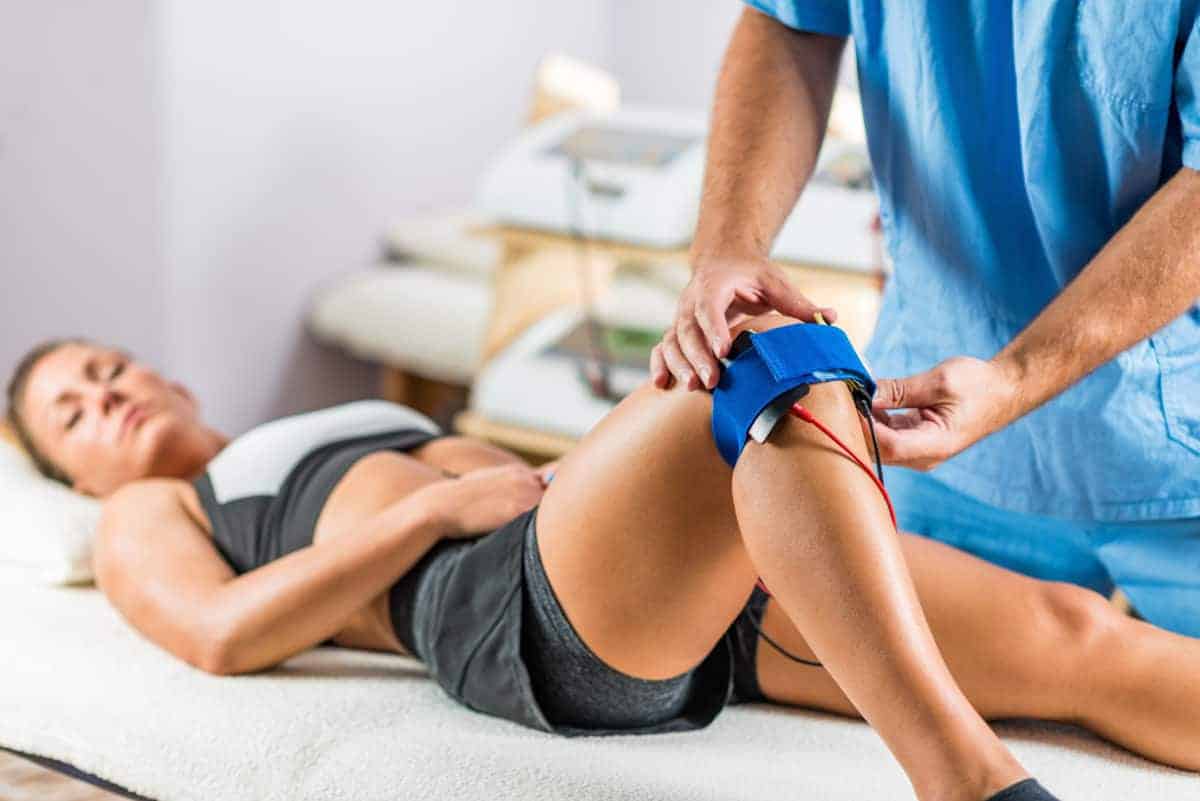From Injury to Recovery: How a Knee Orthopedist Can Get You Back on Your Feet
Dealing with a knee injury can be a frustrating and painful experience. Whether you're an athlete or simply trying to go about your daily activities, a knee injury can have a significant impact on your quality of life. Fortunately, knee orthopedist specialize (also known as 'spécialiste orthopédiste du genou’ in the French Language) in diagnosing and treating knee injuries, helping patients navigate the journey from injury to recovery.
Diagnosis and Evaluation
Initial Consultation
- When you first visit a knee orthopedist, they will conduct a thorough evaluation of your symptoms and medical history.
- They may perform physical tests to assess your range of motion, stability, and strength in the affected knee.
Imaging Studies
- To get a better view of the internal structures of your knee, the orthopedist may order imaging studies such as X-rays, MRI, or CT scans.
- These images help the orthopedist accurately diagnose the nature and extent of your injury.
Treatment Options
Non-Surgical Interventions
- Depending on the nature of your knee injury, the orthopedist may recommend non-surgical interventions such as physical therapy, NSAIDs, or corticosteroid injections.
- Physical therapy can help strengthen the muscles around your knee and improve flexibility and range of motion.
Surgical Interventions
- If non-surgical treatments prove ineffective, the orthopedist may recommend surgical intervention.
- Common knee surgeries include arthroscopic procedures to repair ligaments, meniscus, or cartilage tears.
Rehabilitation and Recovery
Post-Operative Care
- After surgery, the orthopedist will provide you with a detailed rehabilitation plan to help you regain strength and function in your knee.
- This plan may include physical therapy sessions, home exercises, and follow-up appointments to monitor your progress.
Gradual Return to Activity
- It's important to follow your orthopedist's guidance on gradually returning to your normal activities to prevent reinjury.
- Your orthopedist will work with you to set realistic goals and timelines for resuming sports or physical activities.
Preventive Measures
Maintaining Knee Health
- Even after recovering from a knee injury, it's essential to take preventive measures to protect your knees from future injuries.
- Low-impact exercises, proper warm-up and cool-down routines, and wearing supportive footwear can help maintain knee health.
Regular Follow-Ups
- It's crucial to schedule regular follow-up appointments with your knee orthopedist to monitor the condition of your knee.
- By staying proactive and addressing any concerns early on, you can prevent potential complications and ensure long-term knee health.
Conclusion
A knee injury can be a significant setback, but with the help of a knee orthopedist, you can navigate the journey from injury to recovery effectively. Through accurate diagnosis, personalized treatment plans, and comprehensive rehabilitation, a knee orthopedist can get you back on your feet and enjoying your normal activities once again. By following their guidance and taking preventive measures, you can protect your knees and minimize the risk of future injuries. Remember, your knee health is crucial for your overall well-being, so don't hesitate to seek professional help if you experience any knee-related concerns.
